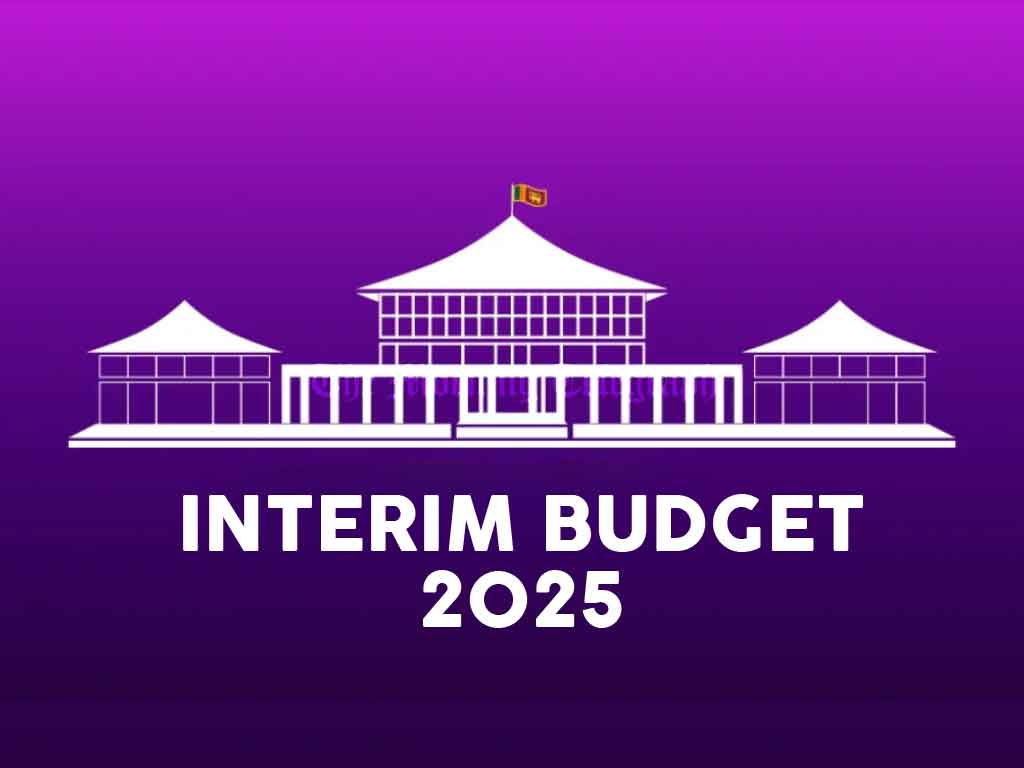
Colombo, Sri Lanka – Minister Anil Jayantha Fernando today presented an interim budget to Parliament, outlining government expenditures for the first four months of 2025. The proposed budget totals Rs. 2,600 billion, covering key areas such as capital expenses, debt servicing, and foreign debt restructuring.
The Minister highlighted that the government has estimated Rs. 1,600 billion in revenue for the same period, creating a shortfall that will require substantial borrowing to meet financial obligations.
“For the first four months of the interim budget, Rs. 1,000 billion is allocated for general expenses excluding recurring costs like rent, Rs. 425 billion for capital expenditures, and Rs. 1,175 billion for foreign debt restructuring and other debt servicing,” Minister Fernando explained.
He further stated that the initial borrowing limit has been set at Rs. 1,000 billion. However, due to potential uncertainties in the financial markets and the ongoing debt restructuring process, the government has requested an increase in the borrowing limit to Rs. 4,000 billion to ensure financial flexibility.
“If the process is delayed by a week or two due to technical issues, the borrowing limit has been increased to Rs. 4,000 billion to manage that uncertainty,” he said.
Focus on Debt Restructuring
A significant portion of the budget—Rs. 1,175 billion—is earmarked for foreign debt restructuring, particularly targeting bilateral debt and sovereign bond issuances.
“Foreign debt restructuring, especially bilateral debt and sovereign bond issuance, requires new debt issuances based on agreements between creditors. We are aiming to complete this process before December 31st,” the Minister added, emphasizing the government’s commitment to stabilizing the country’s debt situation.
The budget proposal and the increased borrowing request come at a critical time, as Sri Lanka continues to navigate a challenging economic environment marked by high debt and fiscal deficits. The government’s approach to restructuring foreign debt and managing domestic borrowing will be key in determining the country’s financial stability in the coming year.




